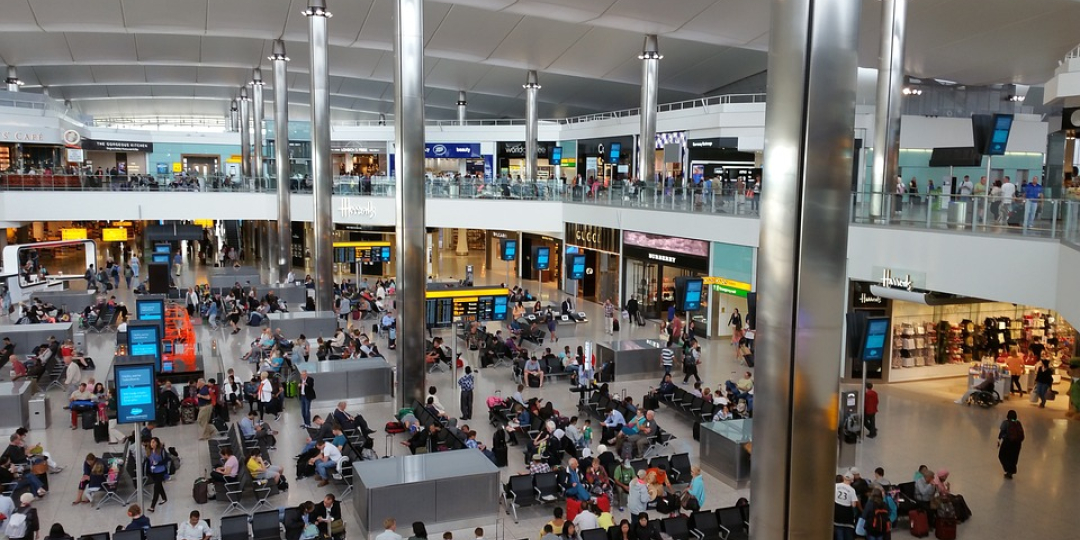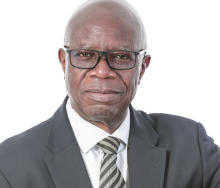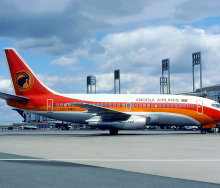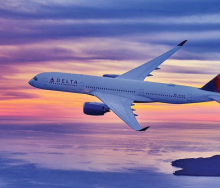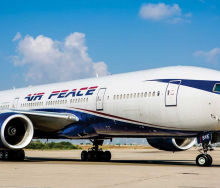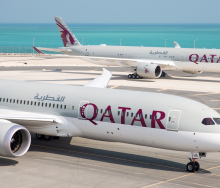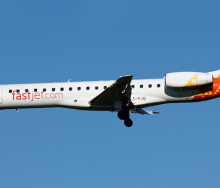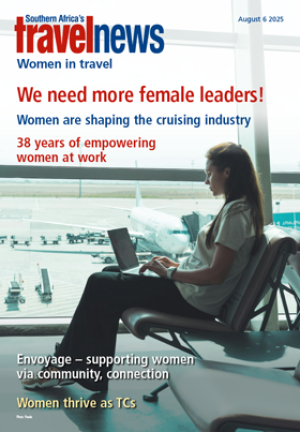Airlines have reacted sharply to the revelation that a single wrong input by an unnamed airline, in a flight plan to UK air traffic control was what disrupted flights into the UK on Monday, August 28.
The chief executive of NATS (National Air Traffic Services – the UK body which provides en-route air traffic control services to flights, and controls the air space and traffic in a number of UK airports) revealed that it was one piece of received data that had set off the failure of the whole system when it “didn’t recognise a message.” He said that the system had been designed to stop for safety reasons.
Willie Walsh, Iata DG, said the revelation of the cause of the ATNS downtime was a “staggering” explanation. Speaking to the BBC he said: “If that is true, it demonstrates a considerable weakness.”
The airlines are now calling for the reform of compensation rules and demanding that NATS contribute to the enormous costs they incurred as a result of the air traffic control outage.
NATS, said “an unusual piece of data” had caused the breakdown which led to thousands of flights being cancelled, others delayed and ultimately hundreds of thousands of passengers delayed and inconvenienced. It occurred at the height of the European summer season and it resulted in thousands of Britons being unable to return home from their annual summer holidays, some having to find extra accommodation as the knock-on effect of the outage meant flights were delayed, some of them for days.
Passengers have lambasted airlines for abandoning them without communications and failing to take proper care of them. British PM Rishi Sunak said: “It is important that airlines honour their obligations to passengers with regards to accommodation and flights to bring them back home.”
But airlines, meanwhile, have lashed out at the UK Ministry of Transport and its ATNS system. Iata estimates airlines could lose £100m (R2,4bn) in revenue and in the costs of alternative travel as well as accommodation and food that passengers may claim, and it urged the UK CAA to review the system to compel NATS to contribute.
“It’s very unfair because the air traffic control system, which was at the heart of this failure, doesn’t pay a single penny,” said Walsh.
Walsh said the UK should look at the way passenger compensation is dealt with to ensure that the people who are responsible for the delays and cancellations ultimately bear the costs.
An investigation has begun and the CAA is due to deliver a first report to the transport secretary on Monday, September 4.
